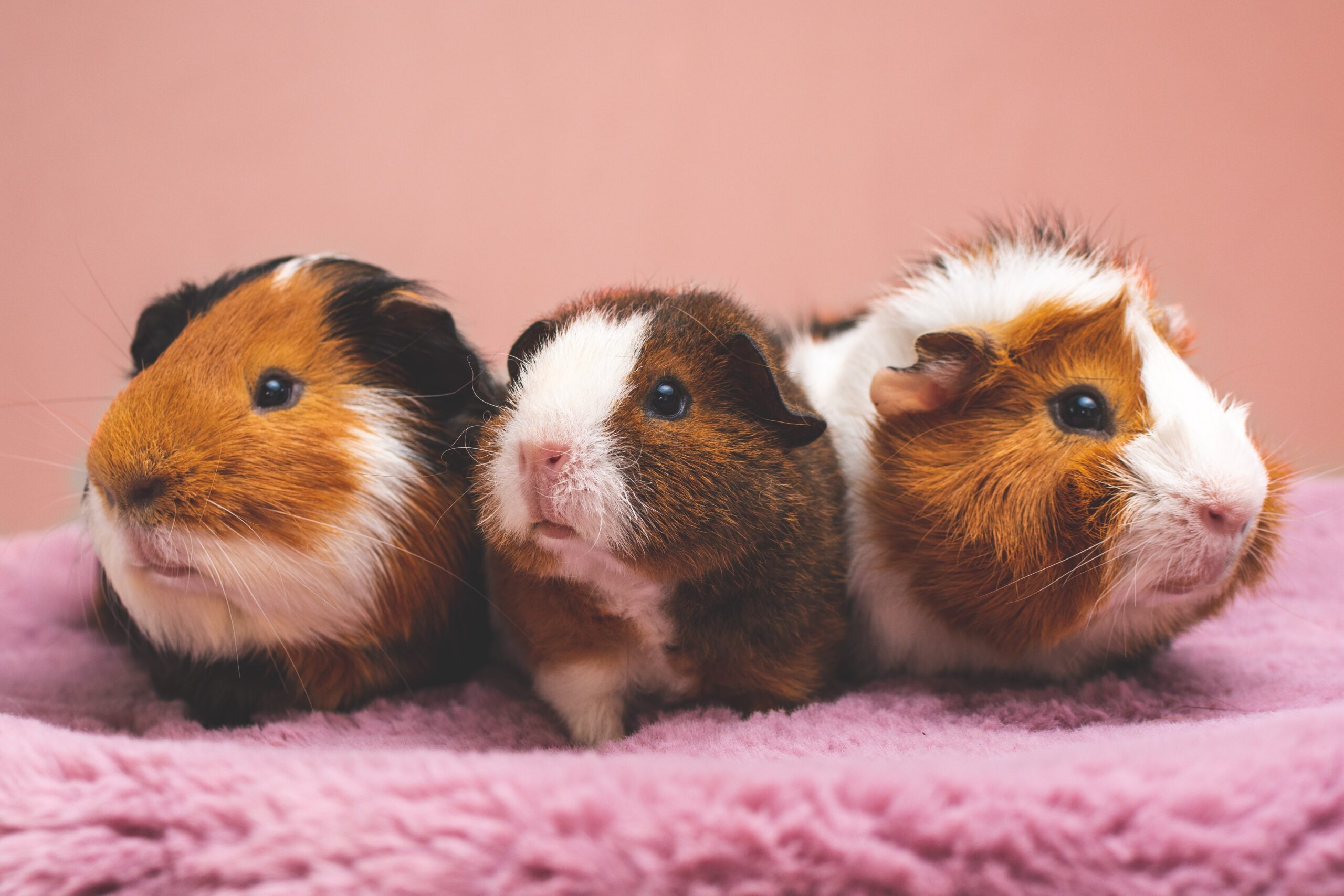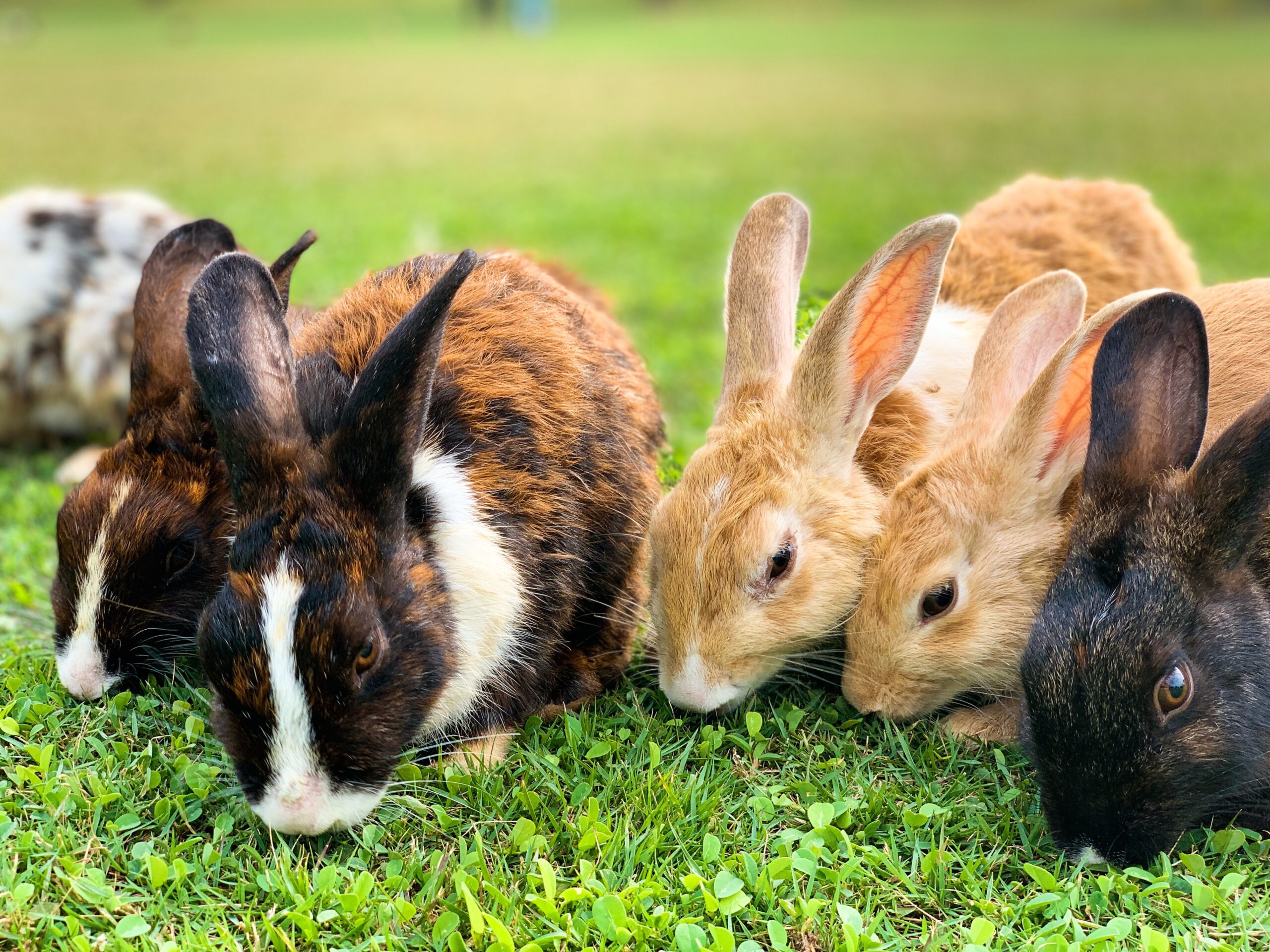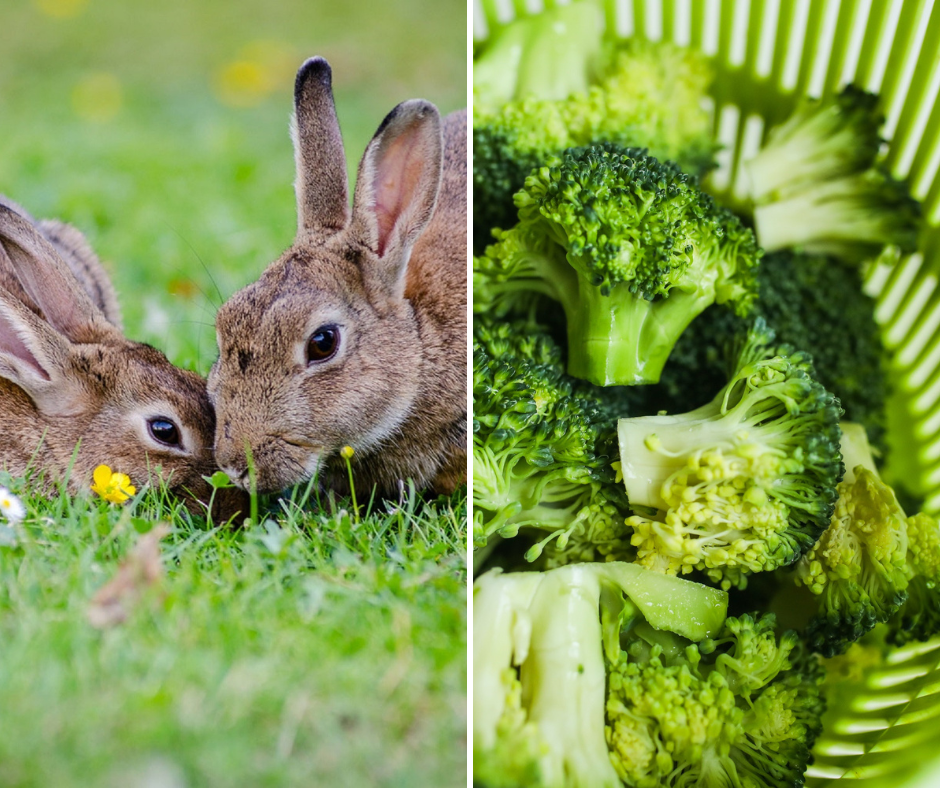
Can Hamsters Eat Pomegranate? (Benefits, Risks, Facts, Quantity, And Many More)
Can hamsters eat pomegranate? This common question has been going around for a long time.
Hamsters are cute rodents, and people have heard that they like to eat fruits like blackberries and grapes. But can hamsters pomegranates? Fortunately, your questions are answered in this article.
Even though hamsters are not as competent as our canine pet companions in the art of begging for human food, every responsible pet owner enjoys the opportunity to share their favorite meals with all of their animals.
Pomegranates are good for your health mainly because they have a high level of polyphenols and antioxidant compounds. They are also high in fiber, iron, calcium, potassium, manganese, selenium, and vitamins C and K.
In the following paragraphs, we will cover all you need to know about feeding pomegranates to your hamster, including whether or not this is a healthy practice. Well, keep reading!
What Do Hamsters Eat?
The best food for a hamster to eat is commercial hamster pellets, small amounts of fresh fruit, vegetables, or herbs, timothy hay, and treats like nuts, boiled eggs, or mealworms.
Your hamster will also need clean, fresh water to drink all the time. It should be in a metal-spout water bottle.
Hamsters are classified as omnivores, like guinea pigs, because they eat meat (including insects) and plants.
Hamsters also like leafy greens like dandelion, clover, apples, pears, carrots, and cabbage.
Nutritional Facts Of Pomegranate
Pomegranates include a high concentration of antioxidants and flavonoids, which are known to protect your cells from the damage that free radicals may cause.
Pomegranates have been shown to have potential as a cancer preventative in several studies, including those about prostate, breast, lung, and colon cancers.
Pomegranates have been used as a sweetener for centuries; however, pomegranates provide a range of additional health benefits beyond those supplied by sugar.
In addition, pomegranates, like honey, are beneficial for maintaining a healthy digestive system, enhancing cognitive function, and even protecting against cancer.
The following table contains the nutritional facts for one hundred grams (3.5 oz) of Pomegranates:
| Nutrent | Value |
|---|---|
| Energy | 346 kJ (83 kcal) |
| Carbohydrates | 18.7 g |
| Sugars | 13.67 g |
| Dietary fiber | 4 g |
| Fat | 1.17 g |
| Protein | 1.67 g |
| Zinc | 0.35 mg |
| Thiamine (B1) | 0.067 mg |
| Riboflavin (B2) | 0.053 mg |
| Niacin (B3) | 0.293 mg |
| Pantothenic acid (B5) | 0.377 mg |
| Vitamin B6 | 0.075 mg |
| Folate (B9) | 38 μg |
| Choline | 7.6 mg |
| Vitamin C | 10.2 mg |
| Vitamin E | 0.6 mg |
| Vitamin K | 16.4 μg |
| Calcium | 10 mg |
| Iron | 0.3 mg |
| Magnesium | 12 mg |
| Manganese | 0.119 mg |
| Phosphorus | 36 mg |
| Potassium | 236 mg |
| Sodium | 3 mg |
Health Benefits Of Pomegranate To Hamsters
Pomegranates are rich in fiber, vitamins, and minerals like potassium, calcium, and magnesium. They contain a lot of water which is good for your hamster’s health.
Pomegranates have many benefits for their health, but they also have some disadvantages that you should know about before making your decision.
Your hamster gets some benefits from eating fruit. For one, pomegranates contain less fat which is perfect for a hamster.
In addition, fruit contains the magnesium that hamsters need in their diet, and this is another reason why you can feed those fruit occasionally.
Can Hamsters Eat Pomegranate?
Even though pomegranates are full of antioxidants, fiber, and vitamins, you might think that feeding them to your hamsters is a great way to improve their health.
But the truth is that you shouldn’t give hamsters pomegranates. The fruit isn’t dangerous or poisonous to them, but it’s not good for their health.
In addition to this, pomegranates have an exceptionally high concentration of sugar. This is a warning sign for us as well as for our pets.
But you shouldn’t worry if your hamster doesn’t have any trouble digesting after eating pomegranate by accident. Just keep an eye on them and ensure they don’t get more of this sweet fruit.
You might also want to avoid giving your hamster this fruit and other sticky, juicy fruits including honey, for a more practical reason.
Hamsters are messy eaters, so the sticky juice and fruit flesh will get all over them after they eat these fruits and may cause choking in more dangerous situations.
Do Hamsters Like Eating Pomegranate?
Hamsters, guinea pigs, rabbits, and other small mammals are often kept as pets by their owners. They like the same kinds of food that people do, but they also need hay and vegetables in their diet.
Hamsters have a unique way of digesting food, so they must get all the water they need from what they eat.
Hamsters have a very sensitive digestive system, so they can’t eat anything that isn’t natural.
Pomegranate is a high-sugar food that can make hamsters obese or give them diabetes if they overeat it. Pomegranate could also lead to problems with your intestines. Even so, some hamsters might like the taste of pomegranates, while others might dislike it.
Can Hamsters Eat Pomegranate Seeds?
Pomegranates are not suitable for hamsters, although they like eating pomegranates. Hamsters should not consume pomegranate seeds. The primary reason is that pomegranate seeds contain a significant amount of sweetness.
The level of sweetness is directly proportionate to the amount of sugar present, leading to diabetes and other life-threatening conditions in hamsters.
A hamster should not consume pomegranate seeds as their primary source of nutrition. It contains a lot of sugar and phosphorus, which are bad for hamsters and may cause them to become overweight.
An oversupply of this fruit may induce gastrointestinal irritation, and it can also make it difficult to remove the seeds from the center of the fruit, which is bad for hamsters.
If pomegranates are rich in many nutrients and people eat them, doesn’t that imply that hamsters should be able to consume them as well? Pomegranate may be challenging to digest for hamsters, which might cause their stomachs to get upset and cause them to vomit.
Can Hamsters Eat Pomegranate Leaves?
Because it is well known that hamsters are herbivores and that pomegranate leaves are not toxic, the consumption of pomegranate leaves does not pose a significant threat to the hamster.
It depends on the hamster’s breed and their personal preference as to whether or not they like eating pomegranate leaves; if they do not, they will not consume them.
If it turns out that your pet likes leaves, you can go ahead and get some leaf bites for it. Before giving those leaves to your hamster, you should ensure they have been well-washed.
Because of the high levels of antioxidants and vitamins that they contain, pomegranate leaves are an excellent food option for hamsters.
Pomegranate leaves, which are rich in sugar and may be dangerous if consumed in large quantities, should only be given to hamsters under an adult’s supervision while being eaten.
Sure pomegranate leaves may include bits of trash and chemicals; thus, even though the leaves themselves are safe, your hamster should avoid exposing themselves to these things.
Your only choice for providing your hamster with a healthy diet is to feed them organic leaves. You may give the hamster pomegranate leaves as part of its usual food, but you should only give it a tiny quantity of them so that it does not suffer any adverse effects.
How Much Pomegranate Should A Hamsters Eat?
Since hamsters are omnivores, their food must provide them with various nutrients.
You should ensure that the hamster is receiving adequate protein and provide it with food that contains a lot of fresh fruits and vegetables. This will get you off to a good start.
Even though pomegranate seeds may be eaten, you should limit the quantity your hamster consumes to only a minimal amount. It is recommended that one seed be given every fifteen days.
Conclusion
Pomegranates are very high in sugar, so hamsters can’t eat them. This is bad for their health.
In other words, it’s usually best to introduce a new meal slowly and in small amounts at first. This is always true when trying new food.
Many thanks for reading! … I’ll be back soon with more information.





